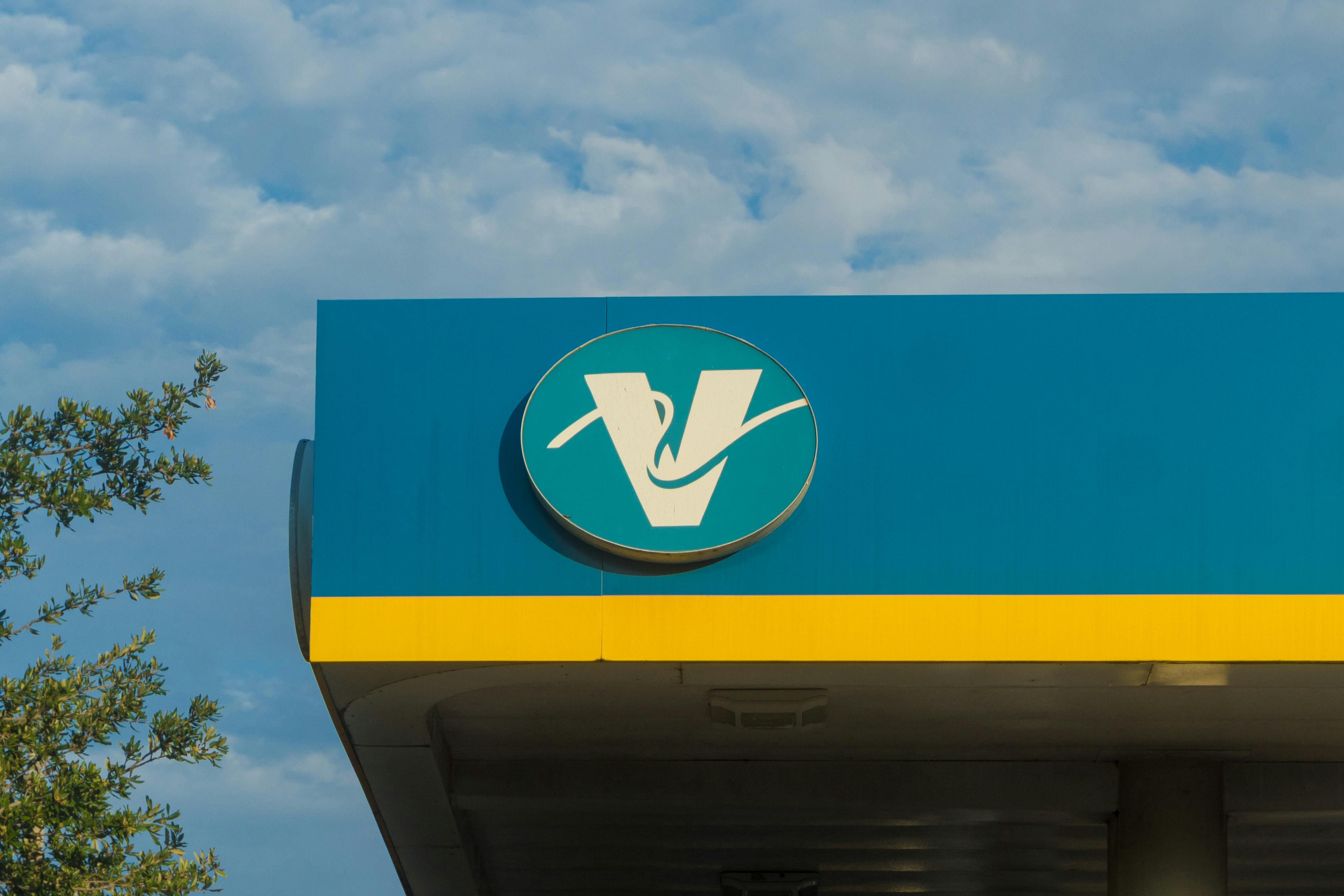Norway and the United Kingdom have finalized a landmark £10 billion defense deal to jointly develop and produce next-generation frigates, a move that underscores the growing importance of Arctic security in an era of geopolitical tension. The agreement, announced in London and Oslo, marks one of the largest naval investments in Norwegian history and represents a deepening of military cooperation between two NATO allies with shared strategic interests in the North Atlantic.
The frigates, to be built over the next decade, will be designed to meet the unique challenges of Arctic operations—extreme cold, icy waters, and long-range missions in a sparsely populated region that is rapidly gaining global attention. Equipped with advanced radar, missile defense systems, and anti-submarine capabilities, the vessels will replace Norway’s aging naval fleet and significantly boost its ability to monitor and defend its extensive coastline and northern territories.
The timing of the deal is no coincidence. With the Arctic warming at nearly four times the global average, melting ice is opening new shipping routes and exposing untapped reserves of oil, gas, and minerals. Russia has moved aggressively to militarize its Arctic presence, upgrading bases, deploying nuclear-powered icebreakers, and conducting large-scale military exercises. For NATO, ensuring freedom of navigation and preventing any single power from dominating the Arctic has become a pressing priority.
Norwegian Defense Minister Bjørn Arild Gram described the deal as “a strategic necessity,” emphasizing that Norway, with its long Arctic coastline, is on the front line of NATO’s northern defense. “Our security is inseparable from the stability of the High North,” he said. “This partnership with the UK ensures that we have the tools to meet emerging threats and safeguard our sovereignty.”
For the UK, the agreement also represents a strategic shift. Post-Brexit, London has sought to reaffirm its role as a global security player, and the Arctic offers an arena where British expertise and resources can make a difference. British Defense Secretary Grant Shapps highlighted the importance of the partnership, calling it “a testament to NATO unity and a clear signal to those who would challenge the security of the High North.”
The economic impact of the deal will also be significant. Shipyards in both Norway and the UK are expected to share production, creating thousands of jobs and fostering technological collaboration. British defense giant BAE Systems and Norway’s Kongsberg Gruppen are leading the industrial consortium, while smaller suppliers across both countries will contribute to the project. This arrangement ensures that the benefits of the deal will be felt widely in local economies, from northern England to western Norway.
At home, the deal has sparked debate in Norway. Supporters argue that the investment is essential for national security, particularly given the increased Russian activity in the Arctic and the ongoing war in Ukraine. Critics, however, question the cost, arguing that £10 billion could be better spent on social services or renewable energy projects. Some also worry that deeper military integration with the UK may limit Norway’s autonomy in defense decisions.
Despite these concerns, public opinion polls suggest that most Norwegians support the deal. Russia’s invasion of Ukraine in 2022 significantly altered perceptions of security across Europe, and Norway, which shares a border with Russia in the far north, has become acutely aware of its vulnerability. The new frigates are widely seen as a necessary deterrent to any future aggression.
The frigate deal also fits into NATO’s broader Arctic strategy. Earlier this year, the alliance conducted its largest-ever Arctic exercise, Cold Response, involving tens of thousands of troops from across Europe and North America. The new frigates, once deployed, will integrate into NATO’s naval command structure, enhancing collective defense in the High North. Analysts note that this could also encourage closer collaboration with other Arctic states, such as Canada and Denmark, which face similar challenges.
From a technological perspective, the frigates will incorporate some of the most advanced naval systems in the world. These include stealth design features, integrated drone capabilities, and advanced sonar arrays for tracking submarines. The ships are expected to be powered by hybrid propulsion systems, reducing emissions and enhancing operational efficiency in the environmentally sensitive Arctic. This reflects Norway’s broader commitment to balancing security needs with environmental stewardship.
The geopolitical implications extend beyond NATO and Russia. China has declared itself a “near-Arctic state” and has invested heavily in Arctic research, shipping, and resource extraction. While Beijing has not pursued a military presence comparable to Moscow’s, its growing influence in the region has raised alarms in Western capitals. By strengthening its naval capacity, Norway is also signaling to China that the Arctic will remain under the stewardship of Arctic nations and their allies.
Financially, Norway can afford the investment thanks to its massive sovereign wealth fund, fueled by decades of oil and gas revenues. The fund ensures that Norway has the resources to make long-term strategic commitments without compromising its domestic welfare programs. This financial cushion sets Norway apart from many other NATO members, who struggle to balance defense spending with fiscal constraints.
International reaction has so far been positive. NATO Secretary General Jens Stoltenberg, himself a former Norwegian prime minister, praised the deal as “a model for allied cooperation and burden-sharing.” In Washington, U.S. officials welcomed the move, noting that a stronger Norwegian navy reduces pressure on American forces to patrol the Arctic. Even within the EU, where Norway is not a member but a close partner, the deal has been viewed as a boost to Europe’s collective defense posture.
FAQs
Why is the UK-Norway frigate deal significant?
It represents one of the largest defense investments in Norwegian history and strengthens NATO’s presence in the Arctic at a time of growing geopolitical tension.
What challenges do these frigates address?
They are designed for Arctic operations, including extreme weather, long-range patrols, and monitoring Russian naval activity.
How will the deal affect the economy?
It will create thousands of jobs in both countries, benefiting shipyards and suppliers in Norway and the UK.
Is there public support in Norway?
Yes, most Norwegians support the deal, though critics argue the funds could have been used for domestic priorities like social welfare or green energy.
How does this affect NATO?
The frigates will integrate into NATO’s naval command, enhancing collective defense and deterring potential adversaries in the Arctic.
Conclusion
The £10 billion frigate deal between Norway and the UK is more than a defense contract—it is a strategic statement about the future of the Arctic. By investing in next-generation naval capabilities, the two allies are reinforcing NATO’s northern flank, deterring Russian aggression, and signaling to the world that the High North will not be left undefended. While the cost and environmental impact remain points of contention, the deal reflects the urgency of securing the Arctic as it emerges as a central theater in global geopolitics. For Norway, it is both a safeguard of sovereignty and a reaffirmation of its role as a frontline NATO state in an increasingly contested region.







